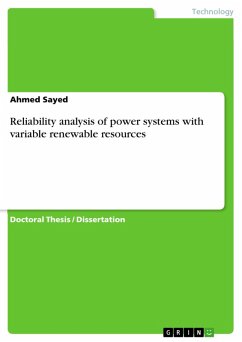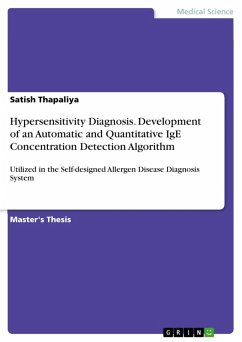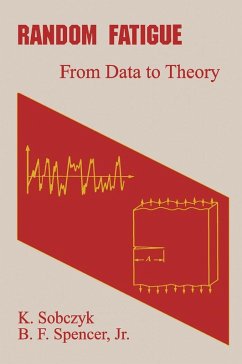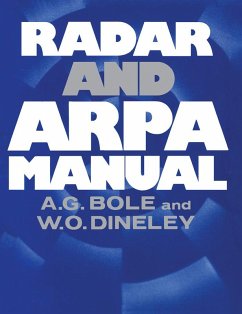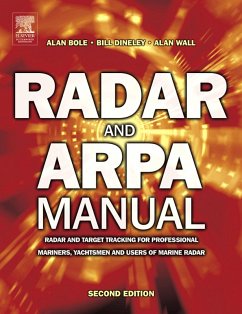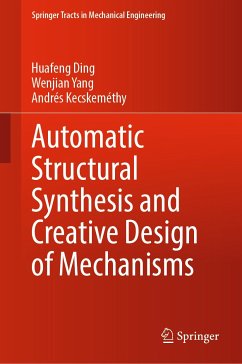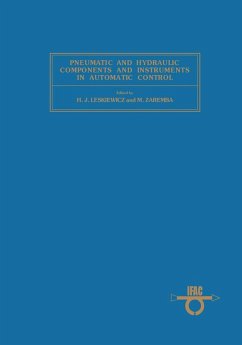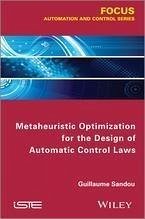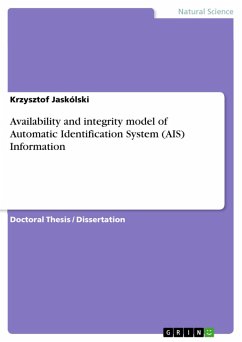
Availability and integrity model of Automatic Identification System (AIS) Information (eBook, PDF)
Versandkostenfrei!
Sofort per Download lieferbar
36,99 €
inkl. MwSt.
Weitere Ausgaben:

PAYBACK Punkte
0 °P sammeln!
Doctoral Thesis / Dissertation from the year 2014 in the subject Nautical Science, , course: -, language: English, abstract: Automatic Identification System (AIS) is a data exchange system which was introduced to improve shipping safety and the possibility of exchanging data, at a country and international level, about ships heading to or from ports, as well as exchanging data relating to passengers and dangerous or environment-polluting cargo carried by ships. The main purpose of introducing AIS was to offer a wider spectrum of available, continuous and reliable navigational data. Apart from ...
Doctoral Thesis / Dissertation from the year 2014 in the subject Nautical Science, , course: -, language: English, abstract: Automatic Identification System (AIS) is a data exchange system which was introduced to improve shipping safety and the possibility of exchanging data, at a country and international level, about ships heading to or from ports, as well as exchanging data relating to passengers and dangerous or environment-polluting cargo carried by ships. The main purpose of introducing AIS was to offer a wider spectrum of available, continuous and reliable navigational data. Apart from being useful for traffic control in a marine area, AIS data can be a very important source of information used in collision avoidance process. However, some reservations are voiced with regard to the unconditional reliance on the data transferred through this channel. The information integrity problem had been raised already at the stage of system implementation and some fragmentary outcomes were published in the past. However, it can be assumed that the results from the system introduction period may not represent reality. Thus, it seems reasonable to base the assessment on theoretical analysis, through the development of multi-criteria model describing the AIS information integrity. The research was performed on data recorded in the period between 04.04.2006 r. and 08.01.2012 r. (selected 55 weeks- 385 days) in the laboratory of Institute of Navigation and Hydrography. Only full 24-hour recordings of AIS signals were selected for the analysis. Fifty five measurement sessions were used to determine the limit probability for availability and integrity exponential of information system, expected value of system lifetime, expected value of system failure time, failure rate, renewal rate. Utilizing homogenous Markov Chains, prediction of the state of availability and integrity of selected AIS information components was carried out. The proposed research approach in many cases gave differentiated results. The research outcomes presented in the paper lead to the conclusion that AIS could deliver useful supplementary information in the process of collision avoidance.
Dieser Download kann aus rechtlichen Gründen nur mit Rechnungsadresse in A, B, BG, CY, CZ, D, DK, EW, E, FIN, F, GR, HR, H, IRL, I, LT, L, LR, M, NL, PL, P, R, S, SLO, SK ausgeliefert werden.





